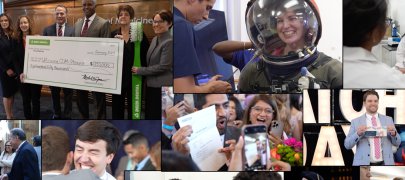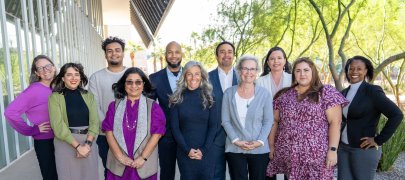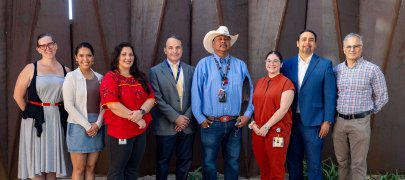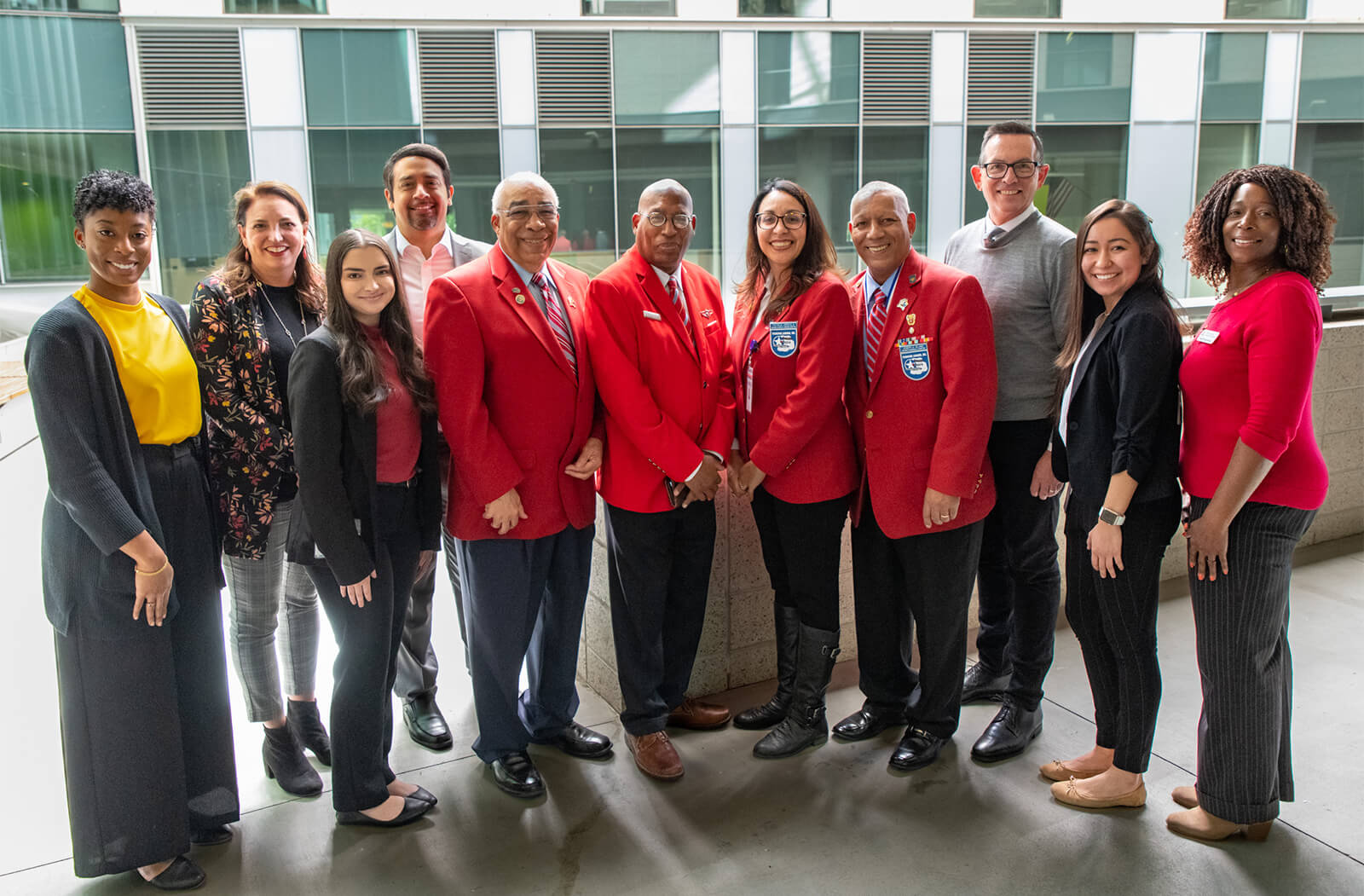
Legacy of the Tuskegee Airmen: The Sky was Not the Limit

The challenges — and achievements — of the Tuskegee Airmen serve as inspiration to today’s youth. This is their legacy.
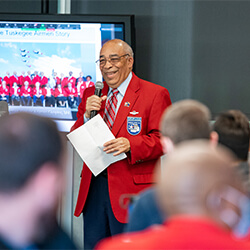
For Nathanial L. Carr, PhD, their heroism is personal. His father, Colonel Nathaniel Carr, was an original member of the Tuskegee Airmen. As a retired Lieutenant Colonel of the U.S. Air Force (USAF) himself and treasurer of the Archer-Ragsdale Arizona Chapter (ARAC) of Tuskegee Airmen, Inc., Dr. Carr continues his father’s commitment to education and service.
Dr. Carr recounted a story of his father’s experience with discrimination during his time in the service. At the base exchange, the clerk refused to sell him ice cream because of the color of his skin. This was a microcosm of an issue that persists to the present, yet it did not deter Col. Carr from pursuing his dreams. “I remember him telling me always, ‘I will not pick you up by your bootstraps to help you, but I will put you on my shoulders, so you can see further than I’ve ever seen before,” Dr. Carr said.
After his military service, Col. Carr was 1 of 100 men in the first group of Black police officers in Detroit, Michigan. Eighteen years after he graduated high school, he earned a bachelor’s degree in engineering in 1958. He then worked for the U.S. Army in tank automotive command, garnering several patents.
The University of Arizona College of Medicine – Phoenix’s Office of Equity, Diversity and Inclusion hosted the learning session. Francisco Lucio, JD, associate dean of Equity, Diversity and Inclusion, was honored to host the group. “It was a great opportunity for our community to learn and reflect on history that has tremendous meaning today," he said.
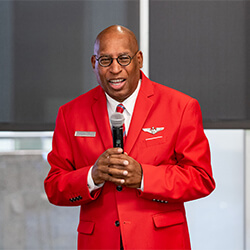
Dr. Pirela-Cruz is a retired USAF Colonel and a practicing upper extremity orthopedic surgeon. He shared Brigadier General Charles McGee’s formula for success: the four Ps. McGee, who recently passed, was one of the last living members of the Tuskegee Airmen. Dr. Pirela-Cruz encouraged the medical students to perceive their dreams; to prepare for their future with a good education; to always perform to the best of their abilities; and to persevere when times get tough.
“No matter what happens, we can make excuses, but don’t let that happen. We get knocked down, get up and get going again,” he said.
Those words embody the spirit of the Tuskegee Airmen, who courageously served a country that didn’t recognize them as equals. Even after all their brave service in the war, it would be more than sixty years before they received a Congressional Gold Medal in 2007.
The lecture was part of a series of events to celebrate Black History Month. It was organized by medical student Shannon Alsobrooks. Alsobrooks is a member of the Class of 2025 at the College of Medicine – Phoenix. She leads the White Coats 4 Black Lives student group, as well as the Student National Medical Association Chapter.
As a 2nd Lieutenant in the Air Force, who was commissioned through the Health Professions Scholarship Program prior to start of medical school, she understands the magnitude of the Tuskegee Airmen’s service. It was her inspiration that brought the ARAC members to campus.

ARAC is one of 55 chapters of the organization throughout the U.S. and Puerto Rico. Through community outreach efforts, their mission is to preserve, honor and promote the legacy of the Tuskegee Airmen and their accomplishments.
About the College
Founded in 2007, the University of Arizona College of Medicine – Phoenix inspires and trains exemplary physicians, scientists and leaders to optimize health and health care in Arizona and beyond. By cultivating collaborative research locally and globally, the college accelerates discovery in a number of critical areas — including cancer, stroke, traumatic brain injury and cardiovascular disease. Championed as a student-centric campus, the college has graduated more than 900 physicians, all of whom received exceptional training from nine clinical partners and more than 2,700 diverse faculty members. As the anchor to the Phoenix Bioscience Core, which is projected to have an economic impact of $3.1 billion by 2025, the college prides itself on engaging with the community, fostering education, inclusion, access and advocacy.
